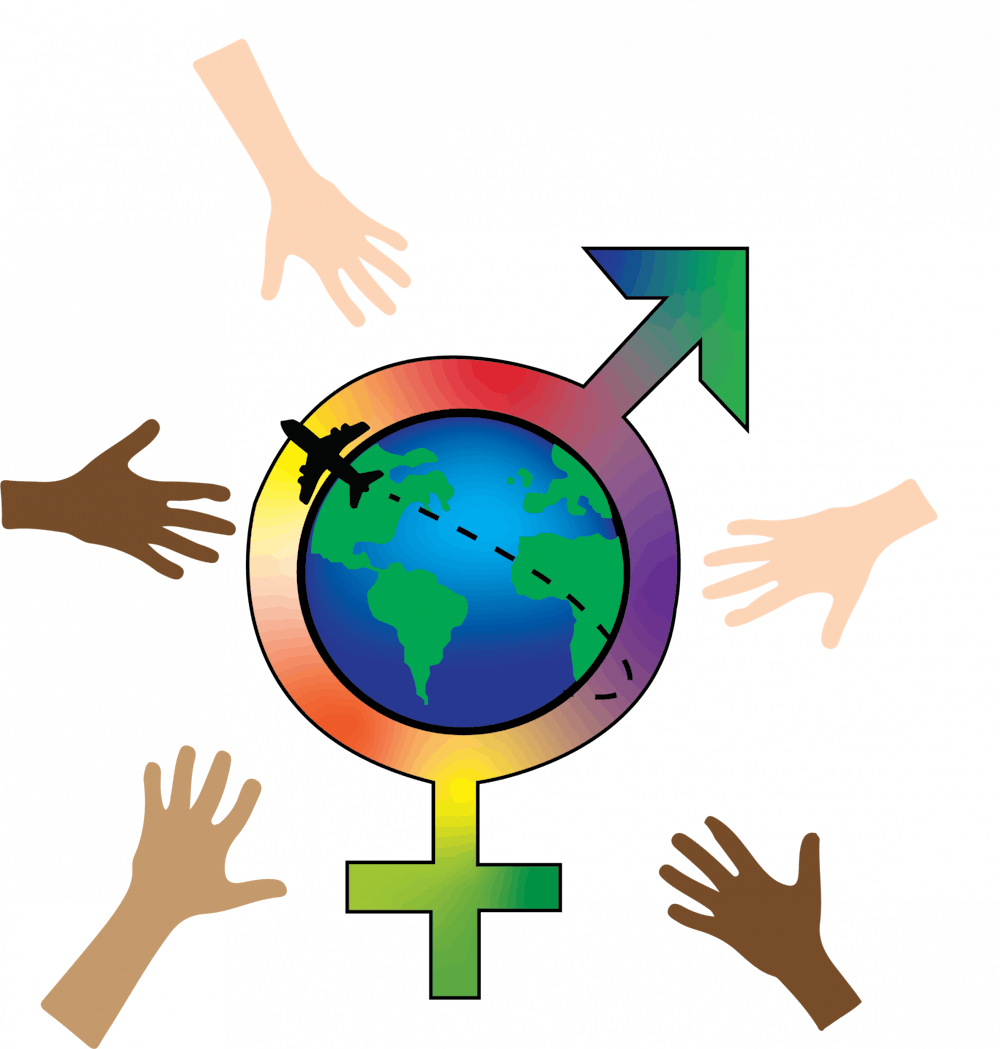For almost a decade, Elon University’s 2010-2020 strategic plan has emphasized the importance of growing the university’s global engagement program by committing to eight central themes to better Elon.
Two of the goals in the plan were to double need-based financial aid and provide access to study abroad programs for 100% of the student body.
Allegra Laing, associate director for global diversity and inclusion, is working to develop inclusive study abroad programs at Elon. One of the many ways she said she is doing this is by using student feedback from those who study abroad to refine the program year by year.
Laing said her office defines reaching 100% access to global engagement by removing financial and academic barriers that create hurdles for underprivileged groups.
According to Laing, while the Global Education Center has made progress in numerical representation abroad, there is still room for improvement. The 2019 Open Doors Report, which was published on Nov. 18 and aims to provide information about study abroad in higher education institutions around the world, acknowledged that in the U.S., white students constitute 70% of those studying abroad.
“If you look at participation rates across the data that we collect, you will notice that there are gaps among students of color as well as students who identify as having financial need compared to the representation on campus. There is still work that needs to be done among those populations,” Laing said.
While a strength of the study abroad program is its ability to track participation, for some groups such as LGBTQIA-identifying and first-generation college students, it is not always as easy.
“One of the challenges in trying to achieve 100% access is that in certain groups, we have data collection points because the university has data that we can compare it to, and for certain groups, we don’t have quantitative data points,” Laing said. “For students of color, because the institution collects those data points, we actually can look and say certain groups might not match their participation in global engagement as represented on campus.”
While representation abroad has improved over the past decade, it has opened up discussion regarding the actual experiences those groups face while abroad.
“When we talk about diversity and inclusion, it is kind of undoing that knot of what’s your representation on campus. But then, it’s also thinking and talking about the types of issues and experiences that might be relevant for underserved communities,” Laing said. “Are we supporting those students in ways that are equitable to the other students? That’s a lot more involved discussion.”
“Because we’ve increased the number of students going overseas across different social identities, we’ve had to have more robust conversations about what does it mean to support those students,” Laing said.
The GEC works to help students’ experiences abroad by implementing programs before students depart and after students return. All students studying abroad are required to enroll in a preparatory forum.
Some orientation sessions have already been instituted, such as World’s Declassified Study Abroad Survival Guide, primarily geared toward students of color, members of the LGBTQIA communities and first-generation college students.
During the event, people in these communities come together to discuss shared experiences and struggles with studying abroad.
In the past, programs such as these have been separated by identity group. However, the GEC has found that many members of these groups identify with multiple groups, combining the sessions for a more well-rounded and open-minded discussion.
According to Liang, the university’s next step is to consider the equity behind a student’s study abroad experience.


